How Swiss politics hit the headlines in 2010
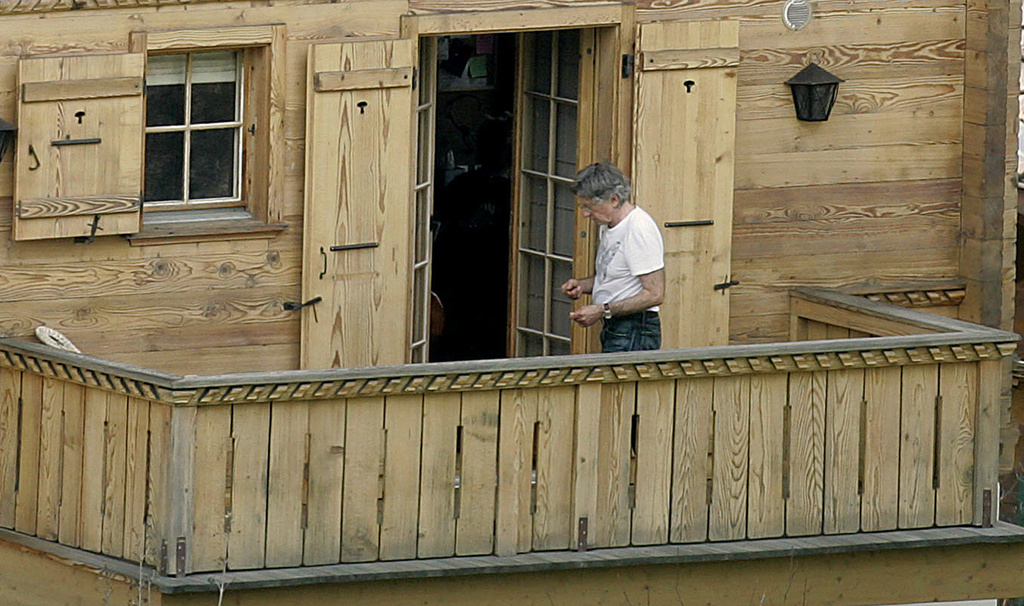
Switzerland’s refusal to extradite film director Roman Polanski may not have been the burning political issue of the past year, but it did draw widespread attention.
Not surprisingly perhaps 2010 was marked by political fights over Swiss banking secrecy as well as moves to tighten regulations for immigrants, targeting particularly foreign criminals.
While little progress appears to have been made in boosting relations with the European Union over the past 12 months, a crisis with Libya could be partly defused with the return home of the remaining Swiss hostage in Tripoli.
Judging from the reaction in the media and from readers feedback, the denial by the Swiss justice ministry in July to hand over 76-year-old Polanski to the United States authorities was a major event.
Opinions were divided among the swissinfo.ch audience in America as well as the public in Europe.
Polanski arrest
While some found the Swiss decision correct and pragmatic others expressed outrage, disgust and anger.
“Once again, Polanski is saved by legal nonsense,” the Los Angeles Times concluded.
Polanski was arrested at Zurich airport in September 2009 on an international arrest warrant to face prosecution in a 1977 sex case. The US formally requested his extradition, but the demand was rejected in July 2010.
The Polish-born Oscar-winning director had to spend eight months under house arrest in his holiday home in the Swiss luxury resort of Gstaad before he was again free to leave the country.
UBS and CDs
Also in the summer months parliament put an end to the dispute over a government decision to release confidential UBS bank client data to the US despite Swiss banking secrecy laws.
After some to-ing and fro-ing both chambers finally endorsed a deal between the two governments to hand over details of customers suspected of tax evasion.
The Swiss government did not escape criticism of its policy and the courts had to handle several hundred appeals against the transfer of data. The authorities announced that by last August they had examined the cases of up to 4,450 US clients in compliance with an agreement between Bern and Washington concluded 12 months before.
As tensions with the US appeared to ease, another conflict rumbled on over fiscal matters with European countries. The authorities in several German states early this year decided to buy CDs with stolen data on Swiss bank clients.
Switzerland came under attack for helping foreign tax evaders hide assets in Swiss banks as a global crusade was waged against tax dodgers.
An agreement to start talks on legalising undeclared assets in Swiss banks might be the first step towards patching things up. At its last regular meeting of the year the cabinet approved a mandate for negotiations.
Deadlock
No major progress was reported in bilateral relations between Switzerland and the EU in 2010. The foreign ministers of the 27-nation bloc made it clear in December that the union does not appreciate Swiss tax incentives to attract foreign companies.
In addition the ministers reiterated a warning that the current policy line with non-EU member Switzerland would come to an end unless institutional reforms helped simplify the application and development of the more than 120 bilateral treaties.
Negotiations on further accords, including on the chemical and electricity industry as well as agriculture, remain deadlocked. Foreign Minister Micheline Calmy-Rey, who will take over the post of Swiss president, said she would make ties with the EU one of her priorities for 2011.
It promises to be a difficult task with parliamentary elections in Switzerland in October and the rightwing People’s Party adamantly rejecting any compromise with Brussels.
“The EU is an emotional topic and it won’t be easy to have substantive discussions,” said political commentator Michael Hermann of Zurich University.
Libya saga
Yet it was the EU which may have played a key role in helping the Swiss secure the release of hostages held in Libya for about two years.
The conflict with the regime of Moammar Gaddafi reached a new stage in June this year when businessman Max Göldi was finally allowed to leave the North African country.
Switzerland managed to win the support of Brussels to put pressure on Tripoli. However, tensions with Libya remain from the time police in Geneva temporarily arrested one of Gaddafi’s sons suspected of mistreating his household staff.
The Libya saga, a foreign policy success of 2010 despite numerous criticisms, showed Switzerland’s vulnerability and left a few open questions.
“The revenge of the Gaddafi clan was too much for a small state like Switzerland. It was powerless against an opponent which uses its own methods and seems under no time pressure,” the Neue Zürcher Zeitung newspaper said.
Black sheep
Among the six issues put to nationwide votes in 2010 it was the proposal to crack down on foreign criminals that generated most comment outside Switzerland.
The initiative by the rightwing People’s Party – which used a controversial black sheep campaign poster – demanding that criminals without a Swiss passport be automatically deported after having served their jail term, won nearly 53 per cent of the vote.
The result of the November vote hardly came as a surprise and was seen as an expression of insecurity or even a Swiss identity crisis.
But unlike a 2009 vote on a ban on new minarets, international reaction to the deportation vote remained somewhat restrained. Possibly because policy drives against immigrants are underway in many other countries.
“Not unlike other countries some people in Switzerland find it hard to adapt to a fast changing society with immigration and globalisation,” said Hermann.
“What makes Switzerland different is the possibility for voters to express their frustrations in a ballot as part of direct democracy,“ he added.

More
Banking secrecy
The seven-member cabinet saw two ministers step down prompting a major cabinet reshuffle.
Transport Minister Moritz Leuenberger and Finance Minister Hans-Rudolf Merz ended their political careers and were succeeded by Simonetta Sommaruga and Johann Schneider-Ammann who took over the justice portfolio and the economics ministry respectively.
Voters had the final say on six issues, including initiatives calling for the automatic deportation of foreign criminals and minimum tax rates for wealthy residents.
The centre-left parties won their challenge to plans for cuts in occupational pensions, but they lost a referendum against cuts in jobless benefits and a vote on tax hikes for the wealthy.
2010 was a historic year for Swiss women in politics. Doris Leuthard held the ceremonial post of Swiss president, while both parliamentary chambers were also led by women speakers.
History was also made at the construction site of the world’s longest rail tunnel through the Swiss Alps. Excavations for the first of two tubes through the Gotthard were successfully completed, but the tunnel will not be operational before 2017.

In compliance with the JTI standards
More: SWI swissinfo.ch certified by the Journalism Trust Initiative


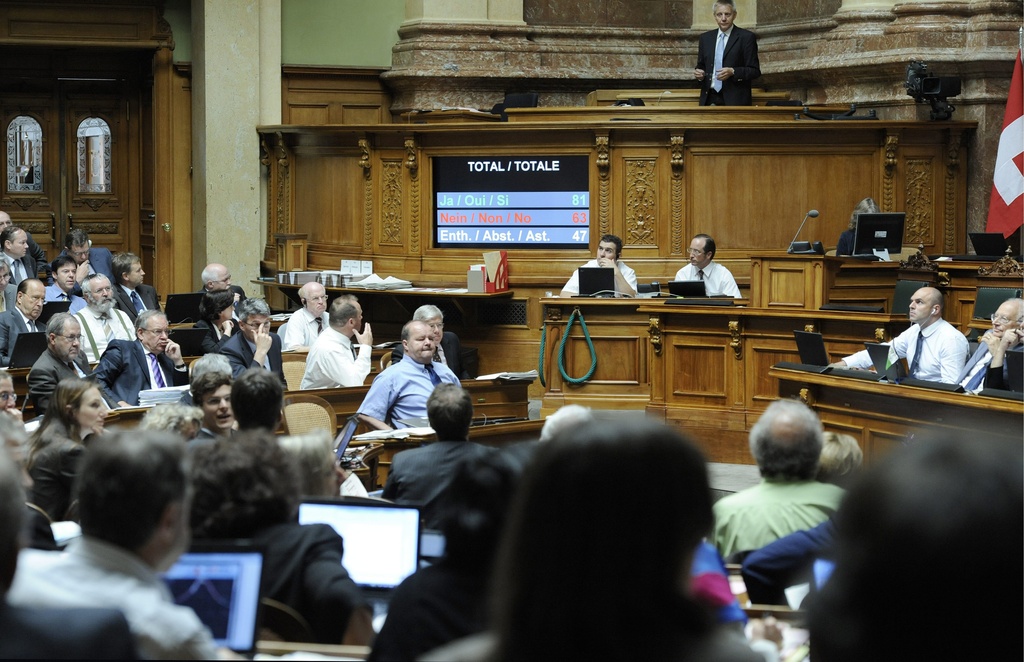
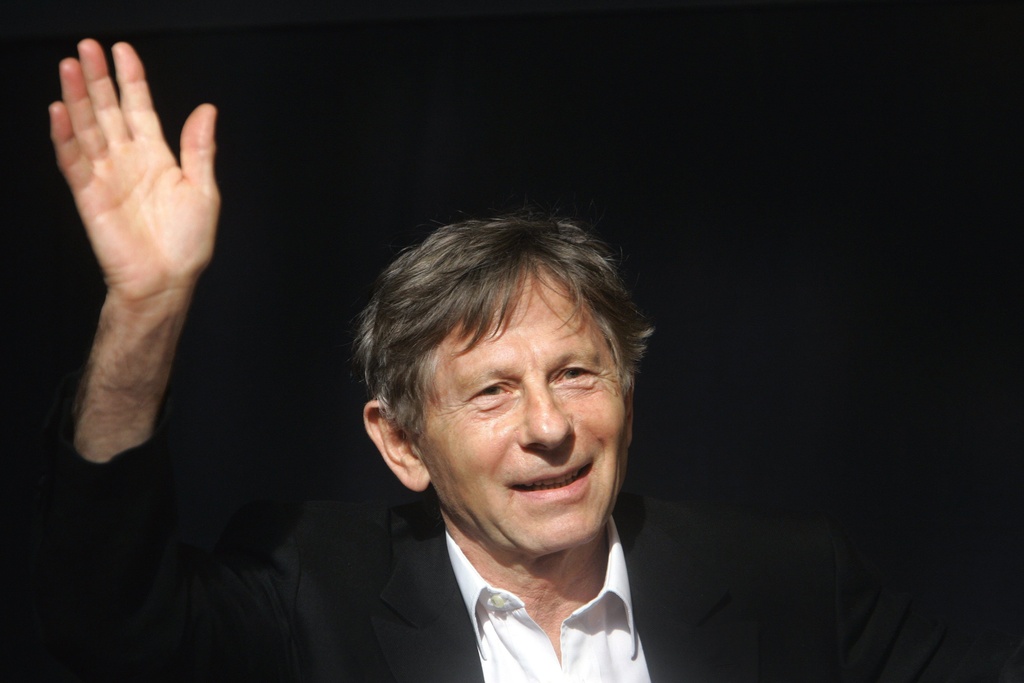
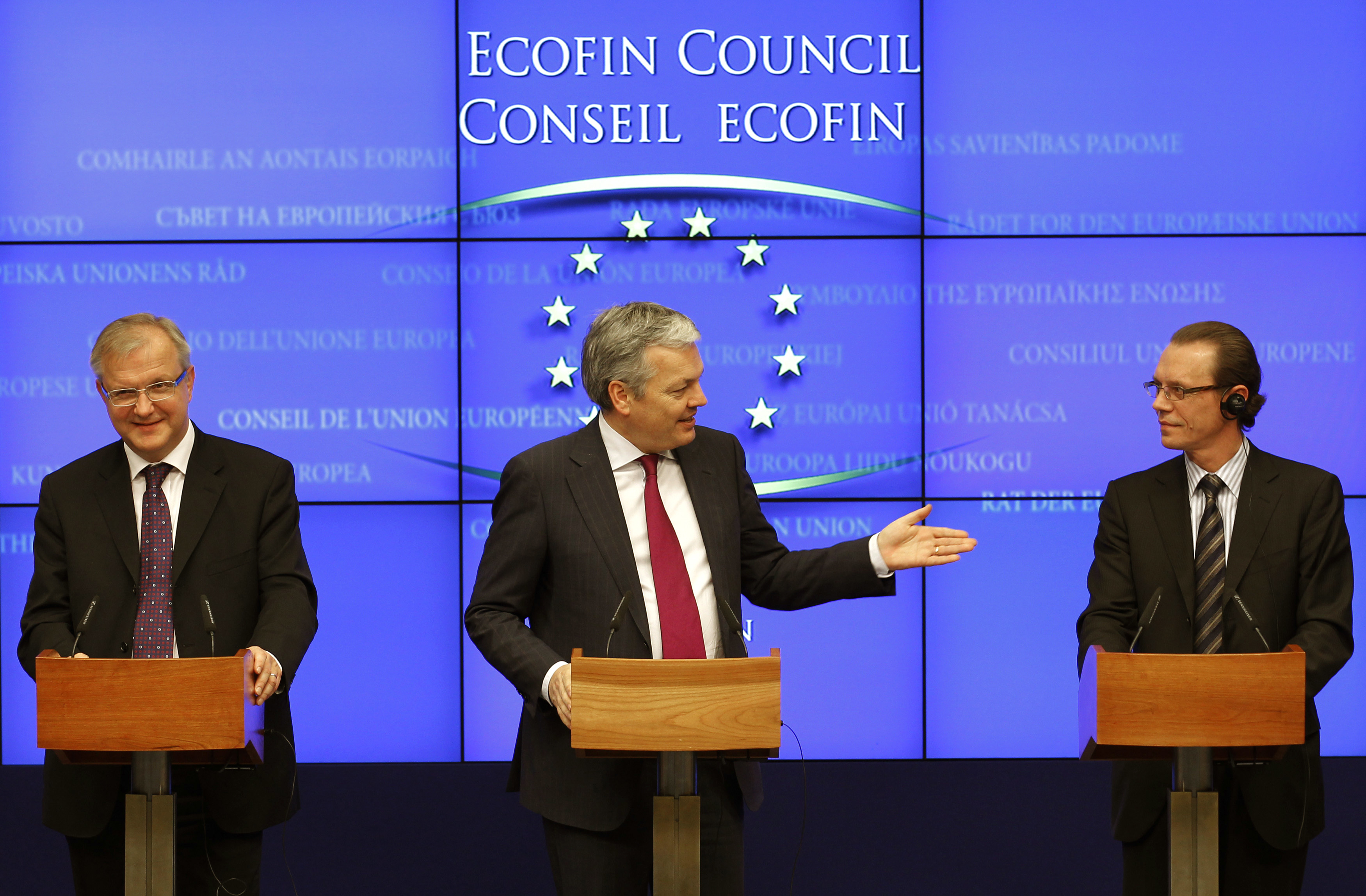
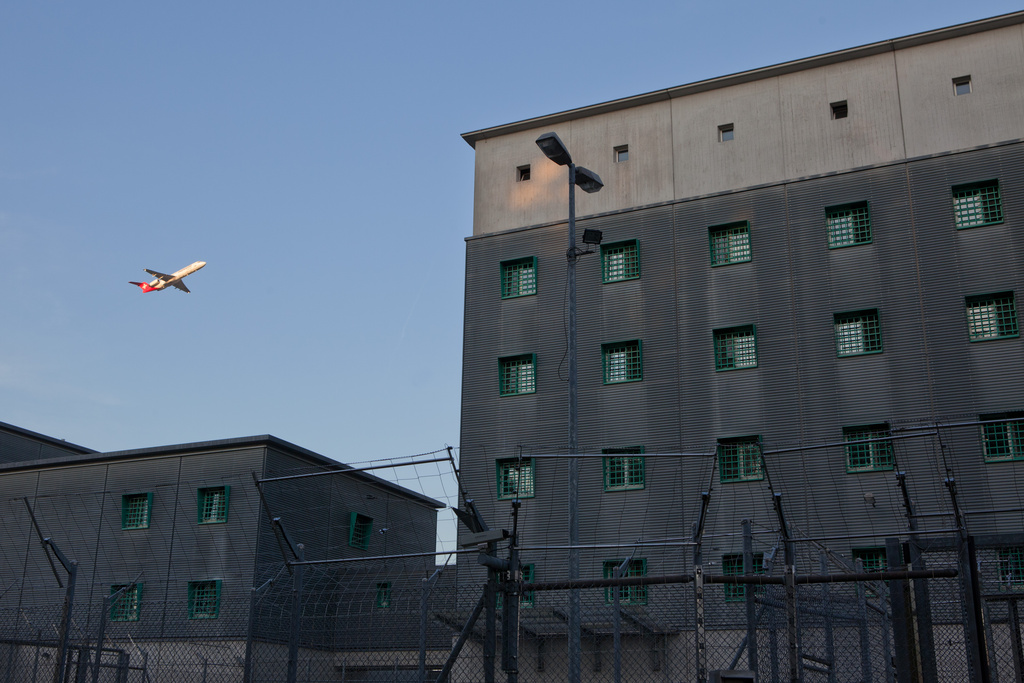

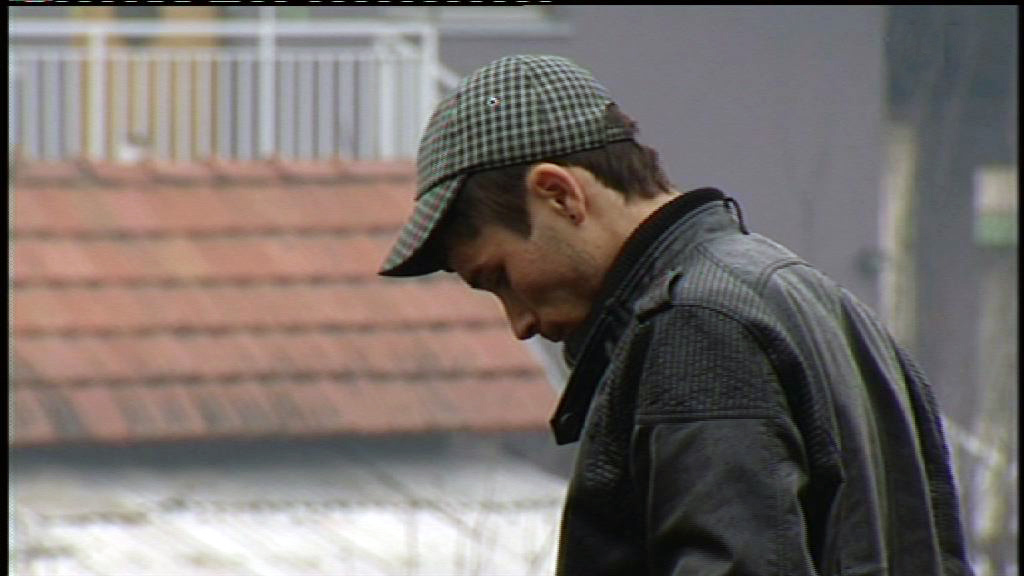
You can find an overview of ongoing debates with our journalists here. Please join us!
If you want to start a conversation about a topic raised in this article or want to report factual errors, email us at english@swissinfo.ch.